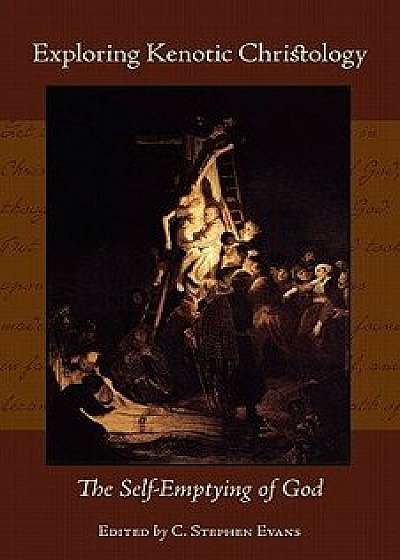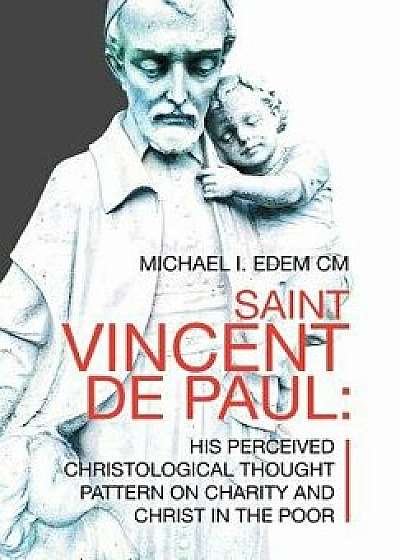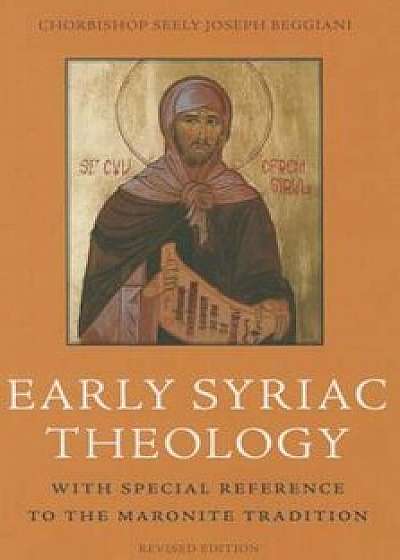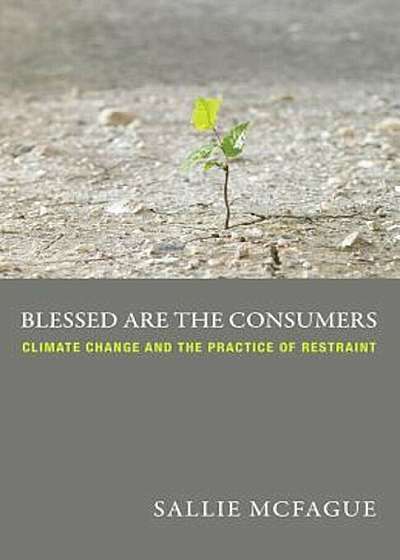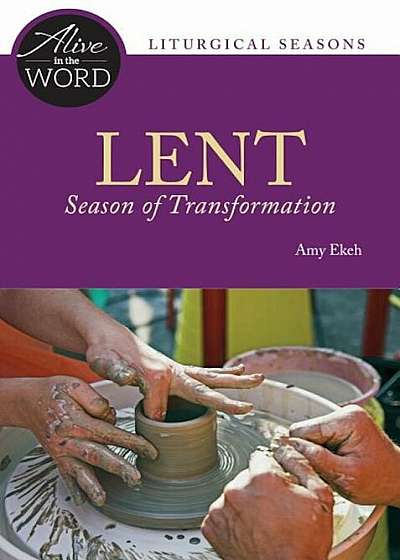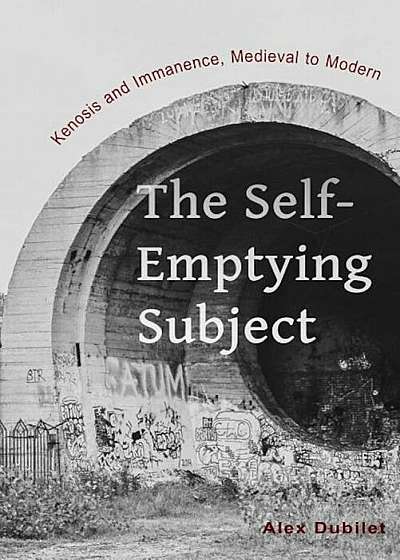
The Self-Emptying Subject: Kenosis and Immanence, Medieval to Modern, Paperback
Descriere
Against the two dominant ethical paradigms of continental philosophy-Emmanuel Levinas's ethics of the other and Michel Foucault's ethics of self-cultivation--The Self-Emptying Subject theorizes an ethics of self-emptying, or kenosis, one that reveals the immanence of an impersonal and dispossessed life without a why. Rather than align immanence with the enclosures of the subject, Dubilet engages the history of Christian mystical theology, modern philosophy, and contemporary theories of the subject to rethink immanence as what precedes and exceeds the very difference between the (human) self and the (divine) other, between the subject and transcendence. By arguing that transcendence operates on life in secular as well as religious domains, the book challenges a dominant distribution of concepts within contemporary theoretical discourse, which associates transcendence exclusively with religion and theology and immanence exclusively with modern secularity and philosophy. The Self-Emptying Subject argues that it is important to resist framing the relationship between medieval theology and modern philosophy as a transition from the affirmation of divine transcendence to the establishment of autonomous subjects. Through an engagement with Meister Eckhart, G. W. F. Hegel, and Georges Bataille, it uncovers a medieval theological discourse that rejects the primacy of pious subjects and the transcendence of God (Eckhart); retrieves a modern philosophical discourse that critiques the creation of self-standing subjects through a speculative rewriting of the concepts of Christian theology (Hegel); and explores a discursive site that demonstrates the subjecting effects of transcendence across theological and philosophical operations and archives (Bataille). Taken together, these interpretations suggest that if we suspend the antagonistic relationship between theological and philosophical discourses and decenter our periodizing assumptions and practices, we might encounter a yet un
